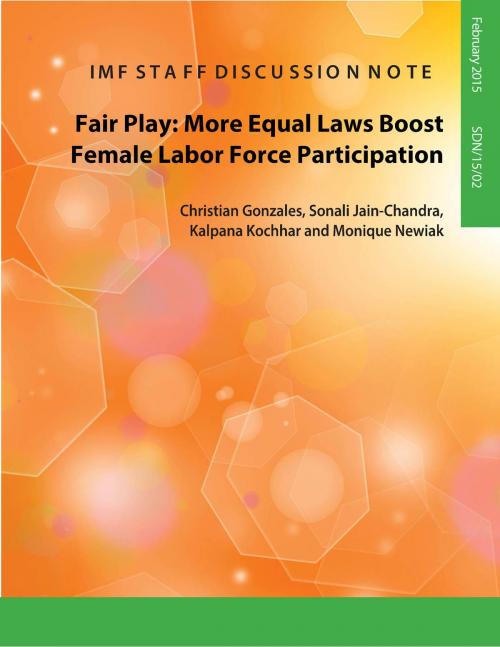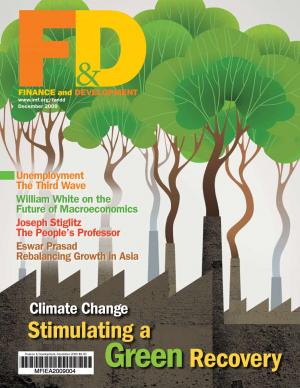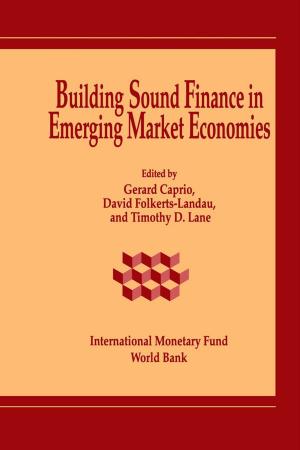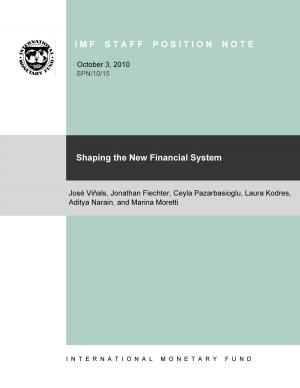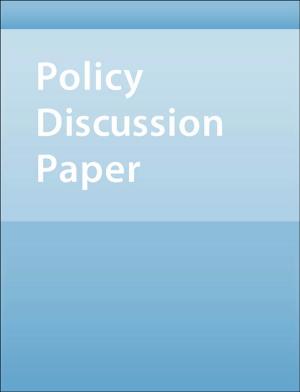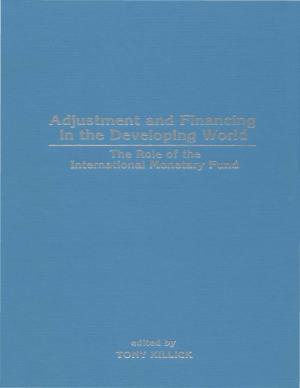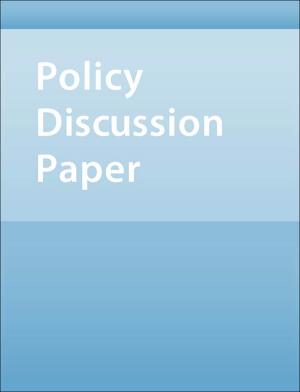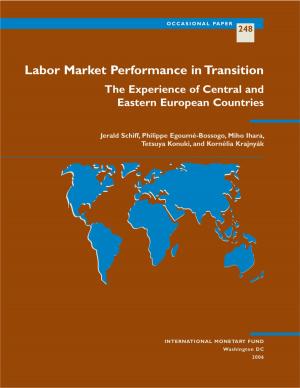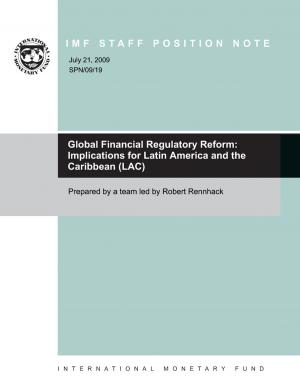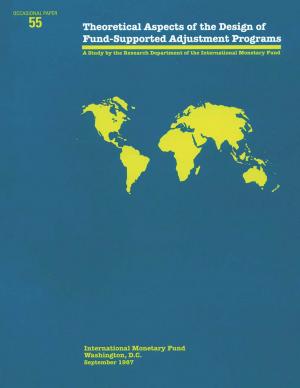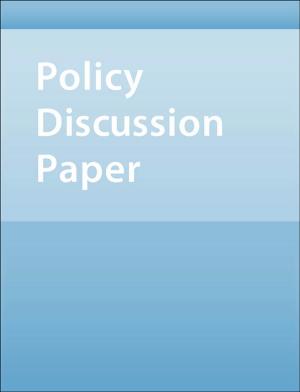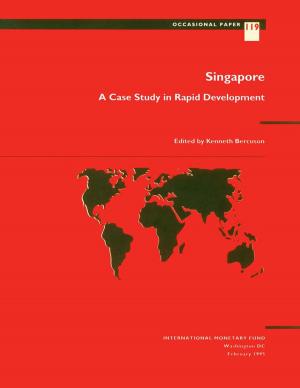Fair Play:
More Equal Laws Boost Female Labor Force Participation
Business & Finance, Economics, Money & Monetary Policy, Macroeconomics| Author: | Christian Mr. Gonzales, Sonali Jain-Chandra, Kalpana Ms. Kochhar, Monique Ms. Newiak | ISBN: | 9781498320443 |
| Publisher: | INTERNATIONAL MONETARY FUND | Publication: | February 17, 2015 |
| Imprint: | INTERNATIONAL MONETARY FUND | Language: | English |
| Author: | Christian Mr. Gonzales, Sonali Jain-Chandra, Kalpana Ms. Kochhar, Monique Ms. Newiak |
| ISBN: | 9781498320443 |
| Publisher: | INTERNATIONAL MONETARY FUND |
| Publication: | February 17, 2015 |
| Imprint: | INTERNATIONAL MONETARY FUND |
| Language: | English |
This Staff Discussion Note examines the effect of gender-based legal restrictions and other policy choices and demographic characteristics on female labor force participation. Drawing on a large and novel panel data set of gender-related legal restrictions, the study finds that restrictions on women’s rights to inheritance and property, as well as legal impediments to undertaking economic activities such as opening a bank account or freely pursuing a profession, are strongly associated with larger gender gaps in labor force participation. These factors have a significant additional impact on female labor force participation over and above the effects of demographic characteristics and policies. In many cases, the gender gaps caused by these restrictions also have macro-critical effects in terms of an impact on GDP. The results from this study suggest that it would be beneficial to level the playing field by removing obstacles that prevent women from becoming economically active if they choose to do so. In recommending equal opportunities, however, this study does not intend to render a judgment of countries’ broadly accepted cultural and religious norms.
This Staff Discussion Note examines the effect of gender-based legal restrictions and other policy choices and demographic characteristics on female labor force participation. Drawing on a large and novel panel data set of gender-related legal restrictions, the study finds that restrictions on women’s rights to inheritance and property, as well as legal impediments to undertaking economic activities such as opening a bank account or freely pursuing a profession, are strongly associated with larger gender gaps in labor force participation. These factors have a significant additional impact on female labor force participation over and above the effects of demographic characteristics and policies. In many cases, the gender gaps caused by these restrictions also have macro-critical effects in terms of an impact on GDP. The results from this study suggest that it would be beneficial to level the playing field by removing obstacles that prevent women from becoming economically active if they choose to do so. In recommending equal opportunities, however, this study does not intend to render a judgment of countries’ broadly accepted cultural and religious norms.
